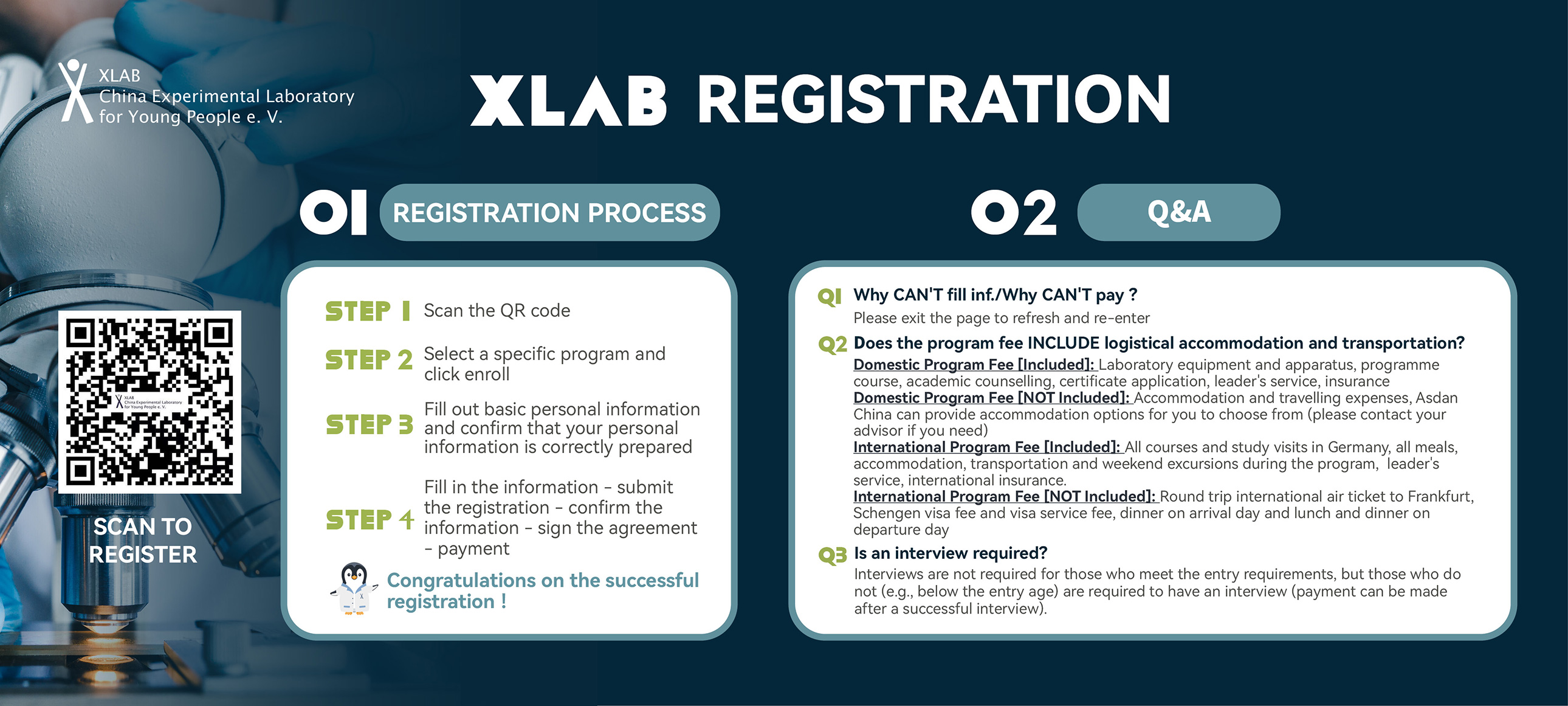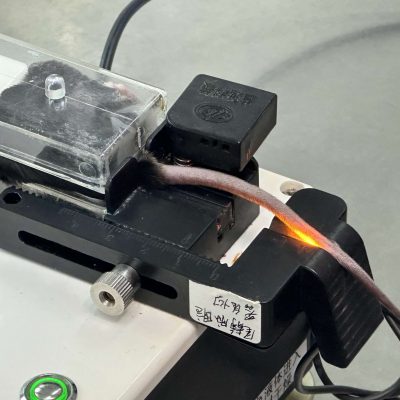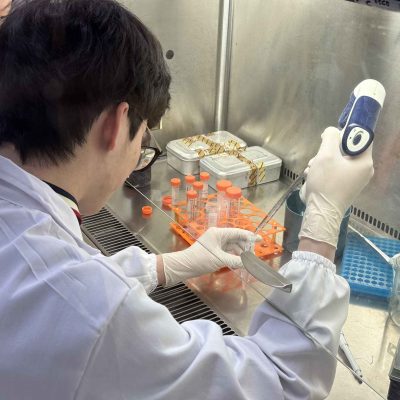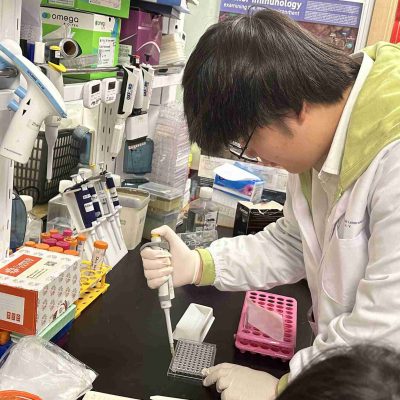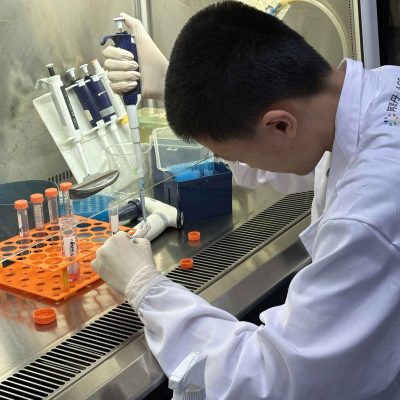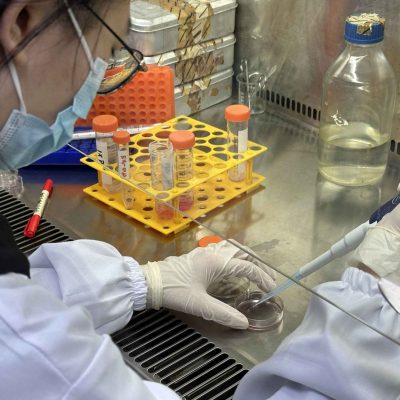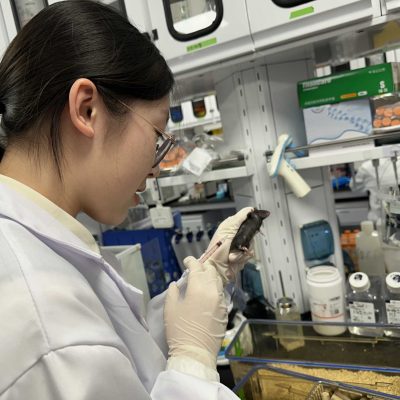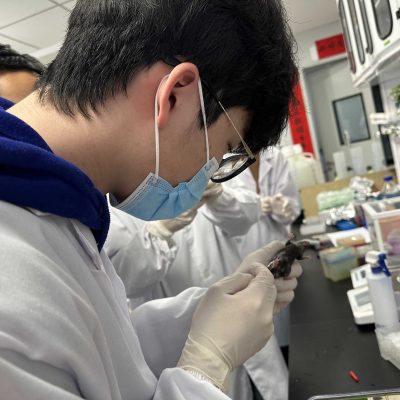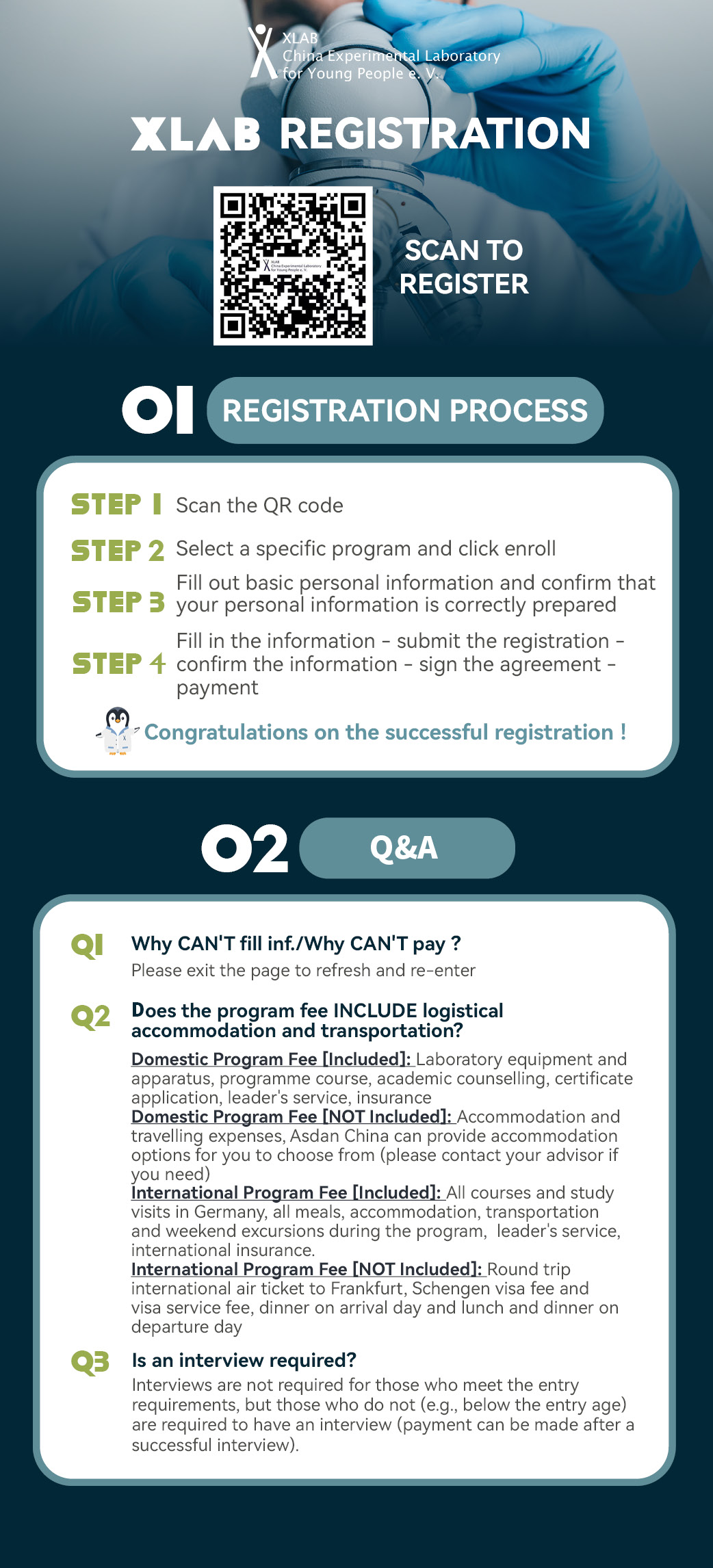Immunotherapy Combination Strategies for Solid Tumors
 Suzhou
Suzhou
Date: 【National Day】Oct.02nd - Oct.06th, 2025丨【Winter】Feb.07th - Feb.11th, 2026
Subjects: Biomedicine, Medicine, Pharmacology, Oncology, Cell Biology, Molecular Biology
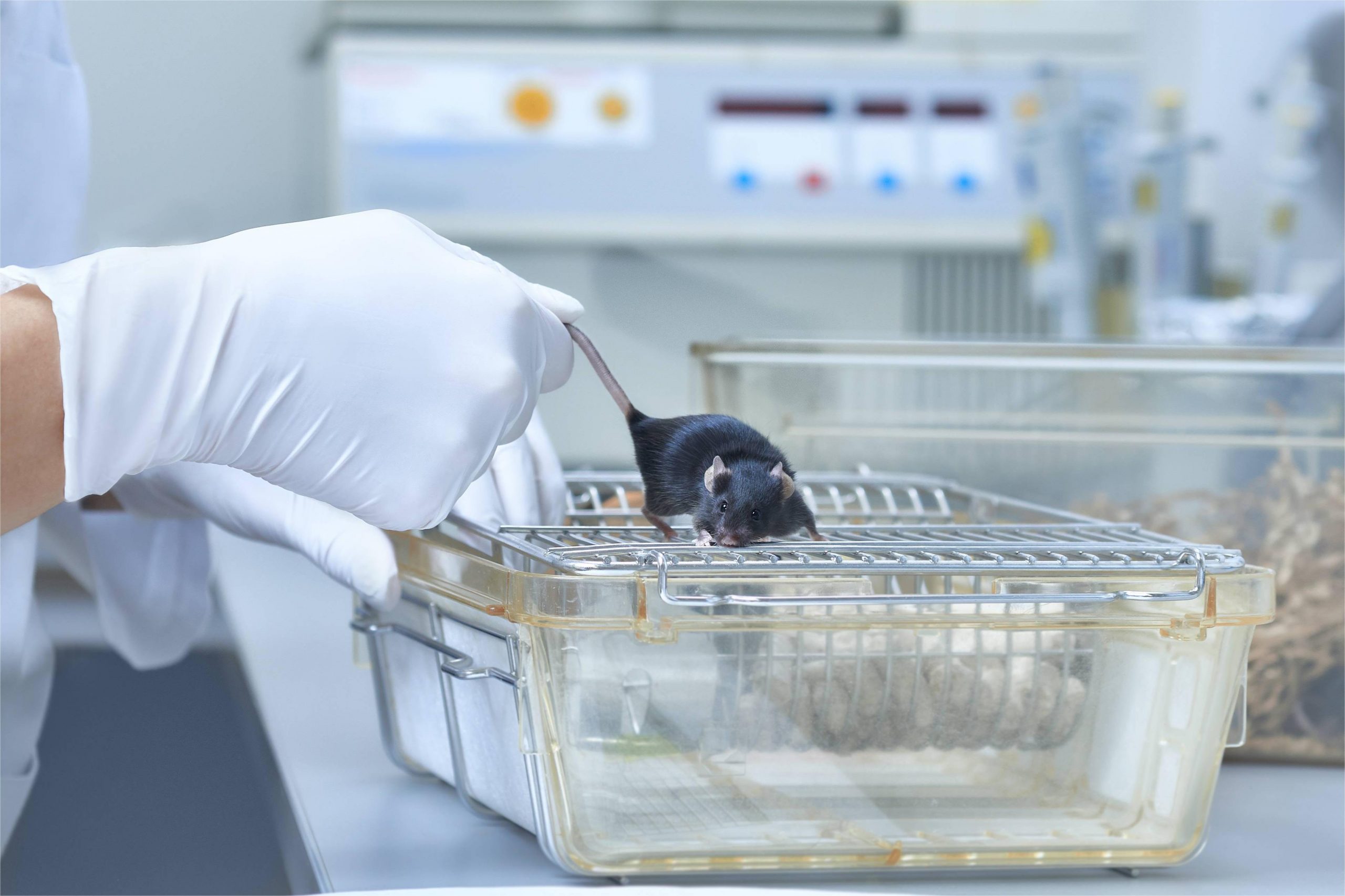
Adoptive T-cell therapy (ACT) and immune checkpoint inhibitors (ICIs) are currently the primary means of tumor immunotherapy, and the infusion of T-cells specifically recognizing tumor antigens and the use of PD1/PDL1 antibody blockade has made significant progress in clinical practice. Considerable progress has been made. The research will involve multiple levels of in vitro activation and culture of T cells as well as in vivo anti-tumor experimental assays in tumor-bearing mice in order to delve deeper into the effectiveness
of immunotherapy for the treatment of tumors.
Students will understand the current state of anti-tumor immunotherapy research, learn about research ideas to improve the effectiveness of T-cell therapy for tumors and gain knowledge and skills in the disciplines of medicine, pharmacy, and biological sciences.
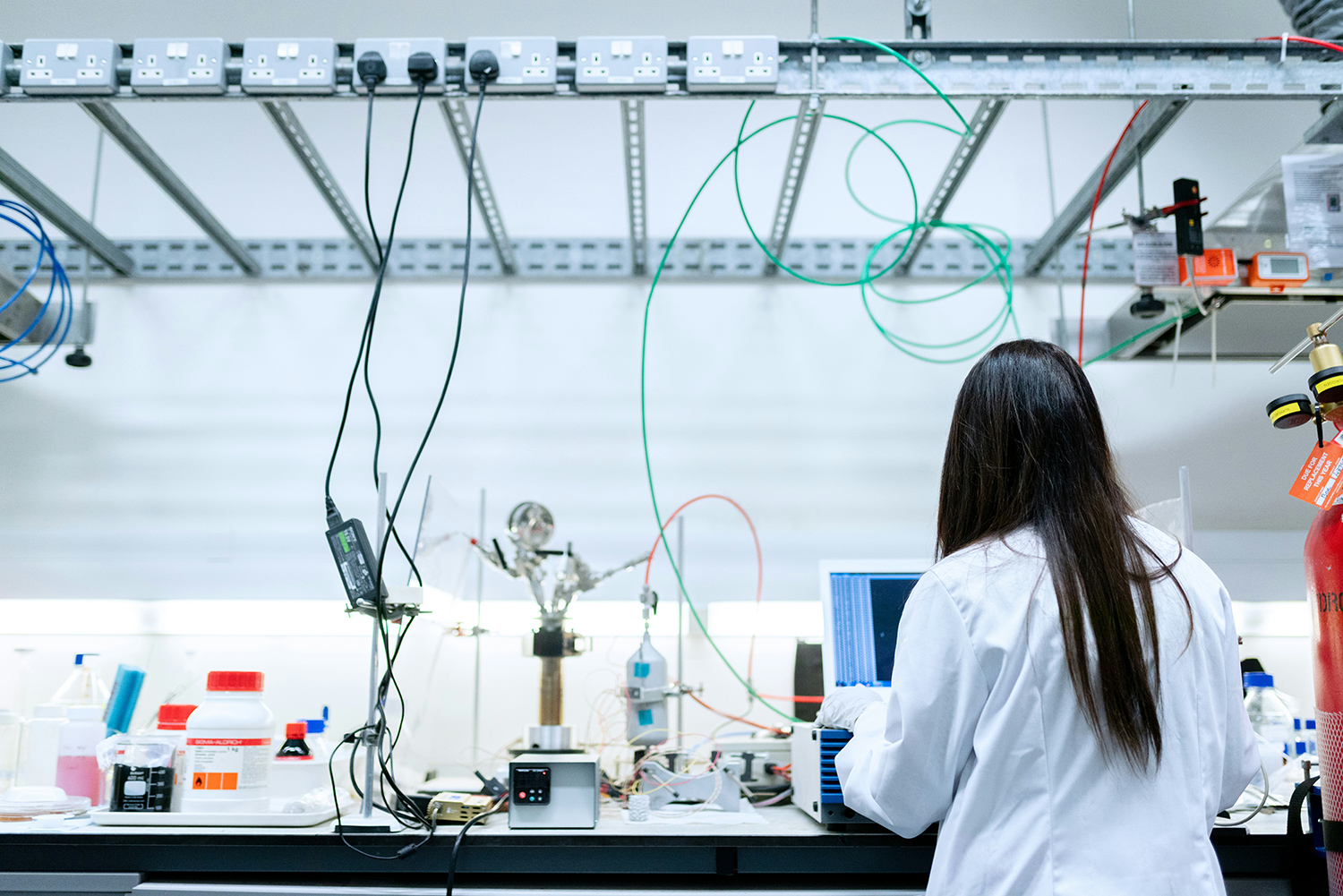
Teaching Faculty
Experts in tumor immunology and Immunometabolism study from national research institutes are specially invited.
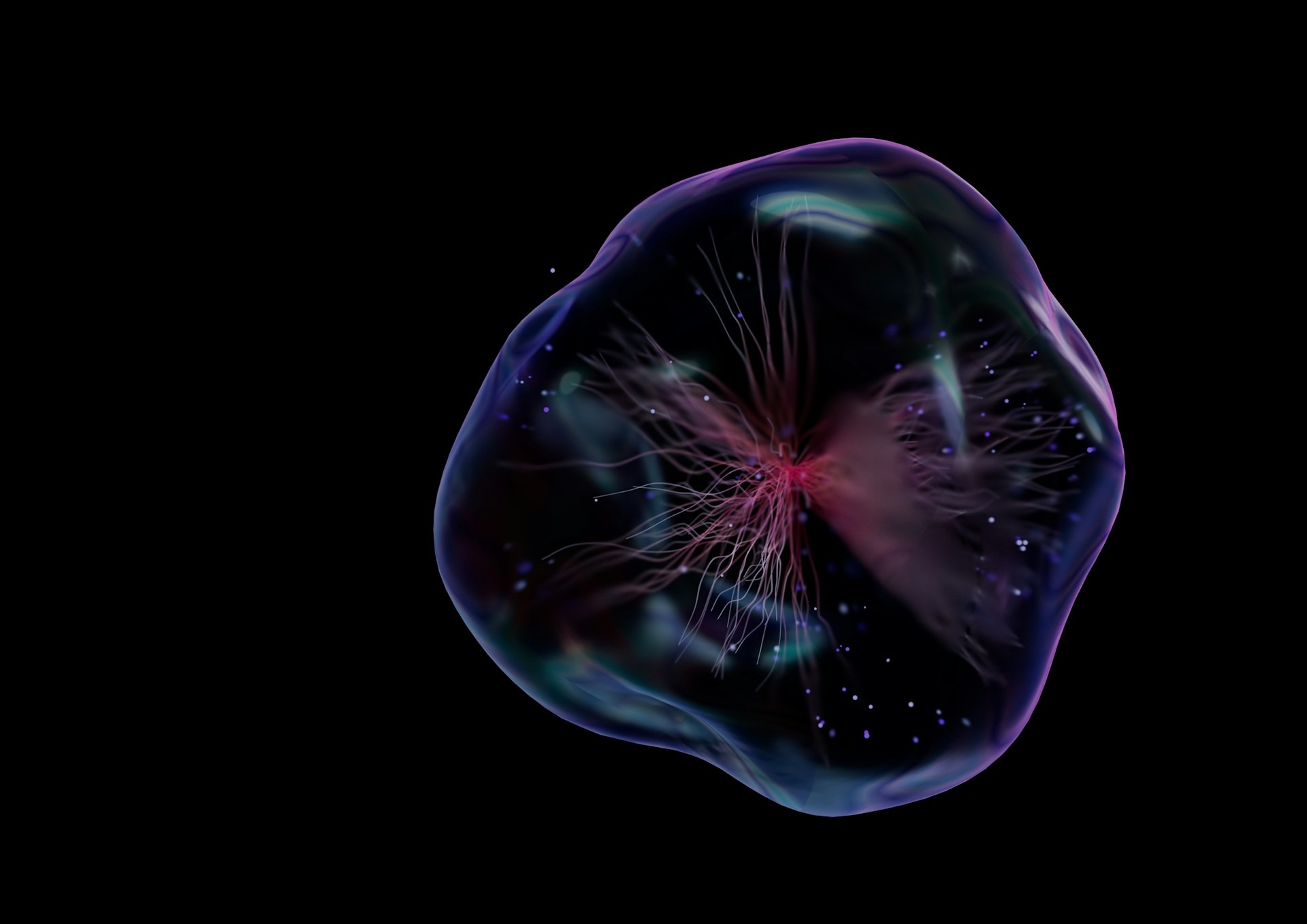
Cutting-edge Topics
Systematically learn the research status of anti-tumor immunotherapy to learn about the research ideas aimed at improving the efficacy of Tcell therapy for tumor.
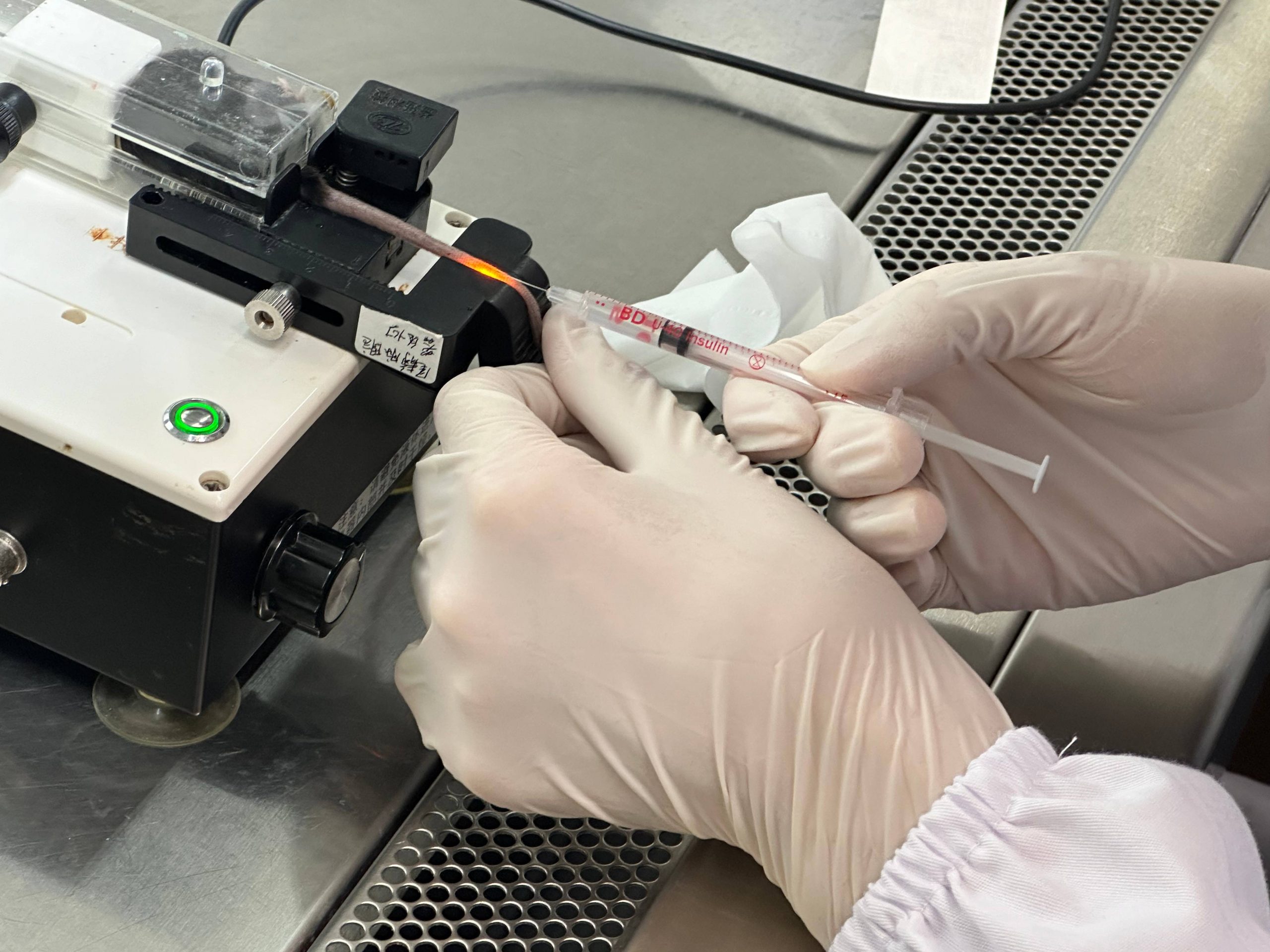
Real Lab Practice
The in vitro activation and cultivation of T cells, in vivo anti-tumor experiments using tumor-bearing mice, etc.

Outcome Application
Research outcomes for providing practical support for anti-tumor immunotherapy.
Main Experiments

Mice Tumor Modeling
Adoptive T-Cell Therapy
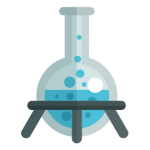
Ficoll Technology

Operation of the Enzyme-labeled Instrument
Mice Tumor Modeling
Adoptive T-Cell Therapy
Ficoll Technology
Operation of the Enzyme-labeled Instrument
Certificates
).png)
CERTIFICATE OF ASDAN SCIENCE
ASDAN SCIENCE SHORT COURSES CREDIT ACCREDITED BY UCAS

CERTIFICATE OF COMPLETION ISSUED BY XLAB CHINA

Feedbacks
-

This experience benefits me a lot, such as the flow cytometer and flow data analysis. The flow cytometer helped us to analyze the protein molecules on T cells and check the activation of t cells. I also learned how to use the flowjo software, though it is hard. The biggest gain was to learn about the frontline laboratories and get an insight of researchers' work. I gradually clear my future major of biology in the future study abroad.—— Beijing World Youth Academy, Student Song

-

The XLAB experience taught me about immunology and ontology, which I have never been exposed to. I didn't know the close relationship between tumorigenesis and cancer, the classification of experimental rats, and the equipment currently used in the laboratory. Additionally, there is a subtle difference between this experiment and my interested direction. However, some commonalities did exist. As a secondary school student, I gained much knowledge and clearly understood my academic level.—— Shanghai MacDuffie Bilingual High School, Student Wang

-

In the cell culture experiment, I learned many practical experimental techniques and operational standards while developing good, meticulous experimental habits and an essential awareness of safety protocols. Additionally, I gained a lot of knowledge about the specific processes and effects of treatments and the principles and functions of various solutions.
Furthermore, during the mouse experiments, I learned the correct methods for handling mice, proper subcutaneous injection, and accurate dissection techniques. This program also allowed me to make many friends from different places who share an interest in biology. Collaborating and exchanging ideas with them was very meaningful.—— Shanghai Guanghua Cambridge International School, Student Chu

Photo Gallery
Why Us
History
XLAB has a 20+ year history. It was initiated by Professor Neher of the University of Göttingen in Germany and strongly supported by the German government and the University of Göttingen. XLAB, centered around high-end scientific experiments, is widely favored by over 10,000 students yearly. XLAB has established practice centers worldwide, aiming to expand this unique concept and teaching method to reach more students.
XLAB aims to enable more people to learn and experience the joy of science, encouraging them to explore the mysteries of science and consider how to use science to solve human problems. Therefore, XALB's subjects are generally more complex in physics, biology, or medicine. Instead, they focus more on interdisciplinary, cutting-edge topics such as genetic engineering, medical research, nanobiology, medical chemistry, high-energy physics, and more.
Subject
Experiment
Experiments are the core of the XLAB. Each participant can enter advanced laboratories to conduct safe experiments, analyze data, and write experiment reports. Over six hours of scientific research daily enhances students' scientific knowledge and logical thinking and cultivates concentration and endurance. Students will be able to experience the work content and status firsthand and consider whether to choose a research direction in future education.
The courses in XLAB are unique. They consist of four key modules: Subject Introduction and Program Thinking, Scientific Research Teaching, Laboratory Operations, Experimental Data Analysis, and Research Report Writing. All courses are taught in small groups of 10 to 25 students.
Course
Faculty
Experts are invited to design experiments and teach students since the topics and content of XLAB exceed the curriculum of high schools and are specialized in specific research areas. Relevant scientific research institutions support XLAB China and provide an in-depth academic experience for Chinese students based on its unique teaching methods and experimental requirements.
Two authoritative certificates are available: the XLAB Program Certificate of Participation, which details the experimental content and is signed by instructors. Students will complete an academic report containing experimental results and data analysis to apply for the ASDAN "Science Award" Certificate for 30 credit hours of study officially accredited by UCAS.
Certificate
Research
XALB provides invaluable research scenarios for students who plan or are currently engaged in natural science research-oriented learning, such as EPQ or scientific papers, to implement their research plans and participate in hands-on scientific research. Experimental reports can be considered as part of their research achievements.

